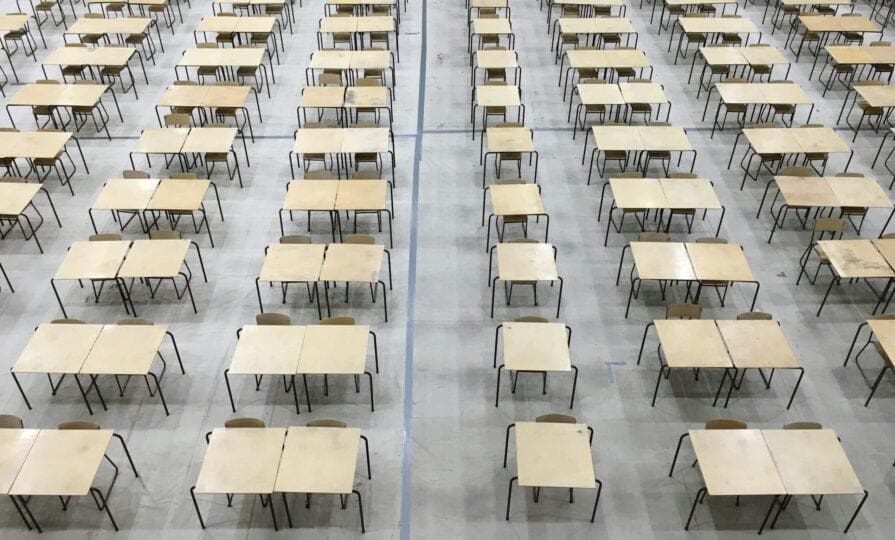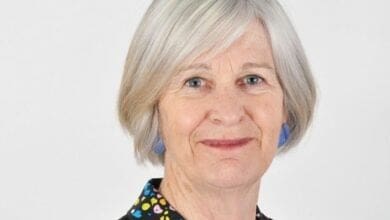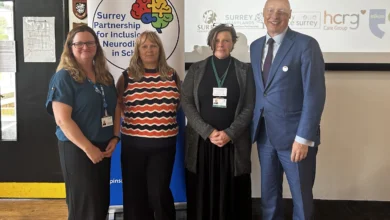Record number of students get first-choice university place
Meanwhile, almost 12,000 students received T Level results this year, up from just over 7,000 last year and around 3,500 in 2023

Register to get 1 free article
Reveal the article below by registering for our email newsletter.
Want unlimited access? View Plans
Already have an account? Sign in
A record number of 18-year-olds in England have achieved their first choice university place, while top A level results have risen and T Levels continue to grow, the Department for Education (DfE) has said.
It comes as hundreds of thousands of young people across England received their A level, T Level and Vocational Technical Qualifications (VTQ) results today (14 August).
According to the DfE, university continues to be a popular choice for young people, with record numbers (193,510, up from 184,400 in 2024) of English students receiving their first choice of university.
Some 20.4% of disadvantaged 18-year-olds have been accepted to higher education, up from 19.8% in 2024 and 17.4% in 2019.
Meanwhile, almost 12,000 students received T Level results this year, up from just over 7,000 last year and around 3,500 in 2023. These continued to deliver strong results, with the overall pass rate hitting 91.4%. Almost two thirds of students (65.3%) achieved a merit or above.
Last year, 97% of T Level students who applied to university received at least one offer, with others progressing onto an apprenticeship or a job.
However, the results also “exposed inequalities which continue to exist in the education system”, with big gaps between regions and with poor outcomes year on year for pupils from white working-class backgrounds.
The results showed that 24.9% of 18-year-olds from the North East secured a university place on results day compared with 43.4% of 18-year-olds from London. This gap is now 18.5 percentage points, the highest on record, up from 17.3 percentage points in 2024 and 11.9 in 2019.
For A level results, the gap between this year’s lowest performing region (East Midlands) and highest performing (London) is 6 percentage points at C and above. While the gap has fallen from 6.3% in 2024, it is still greater than 2019, when the equivalent gap was 5.2%.
Education secretary, Bridget Phillipson, said: “Students should be incredibly proud of their hard work and their achievements today, and I am immensely grateful to teachers and school staff for everything they have done to support students up to this point.
“Every single young person collecting their results today should have the opportunity to pursue their dreams – whether that starts with further study, university, an apprenticeship or the world of work – but too often, opportunities depend on background rather than talent. The entrenched divide in outcomes seen over the last few years and the lack of progress for children from white working-class backgrounds is particularly concerning.”
She added: “Through our Plan for Change we are breaking the link between background and success, starting with reformed early years and revitalised family services, through to ambitious reforms to our school and post-16 system to make sure every young person, wherever they grow up, is truly ready for life and work.”






